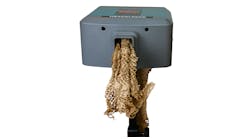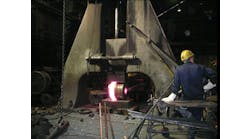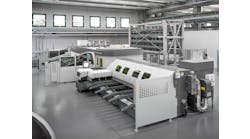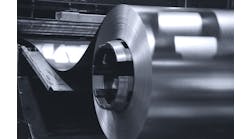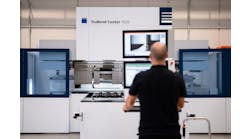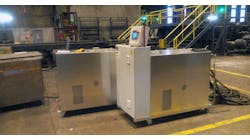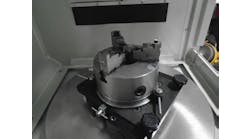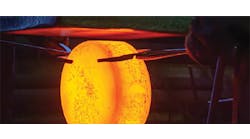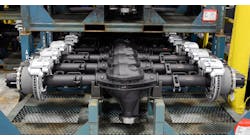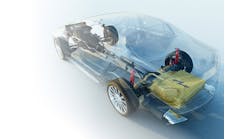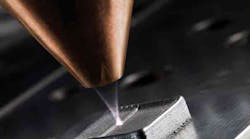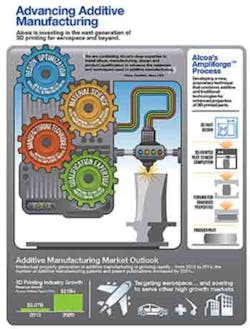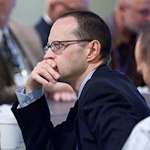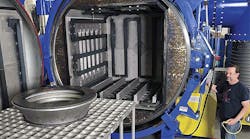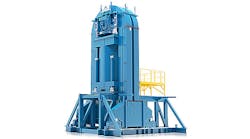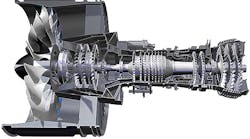Alcoa outlined a $60-million expansion plan for its R&D center outside Pittsburgh, intended to enhance its development capabilities for additive manufacturing materials and processes. It also unveiled a new manufacturing capability it has developed integrate additive manufacturing with its more standard production technologies.
The Ampliforge™ process takes a part designed and produced by Alcoa using 3D printing and completes it using a more standard process, i.e., forging. According to Alcoa, it has demonstrated that that the process enhances the properties of 3D-printed parts, e.g., hardness and strength, compared to additive manufactured parts without further treatment.
Alcoa also said the Ampliforge process reduces material input and simplifies production compared to standard forging sequences.
Ampliforge is being developed on a pilot scale at plants in Pittsburgh and Cleveland.
The Alcoa Technical Center expansion project is underway and expected to be completed in Q1 2016.
Alcoa said its development efforts would concentrate on materials and technologies for a
range of 3D printing capabilities in demand for parts in the aerospace, automotive, medical, and building and construction markets.
The new emphasis on additive manufacturing marks a new phase for Alcoa, following its recent concentration on high-value parts and materials for aerospace engines and structures. It also complements its acquisition of RTI International earlier this year, which included several additive manufacturing capabilities that complement Alcoa’s existing resources.
With its new AM research capabilities, Alcoa identified a three-part strategy: developing and producing proprietary aluminum, titanium, and nickel-based powders for 3D printing; combining AM design and production processes, as with the Ampliforge example; and applying its testing and process control capabilities to resolve certification processes for new 3D-printed parts, “starting with aerospace applications,” according to its statement
“Alcoa is investing in the next generation of 3D printing for aerospace and beyond,” stated chairman and CEO Klaus Kleinfeld. “Combining our expertise in metal alloys, manufacturing, design and product qualification, we will push beyond the limits of today’s additive manufacturing. This investment strengthens our leadership position in meeting fast-growing demand for aerospace components made using additive technologies.”
